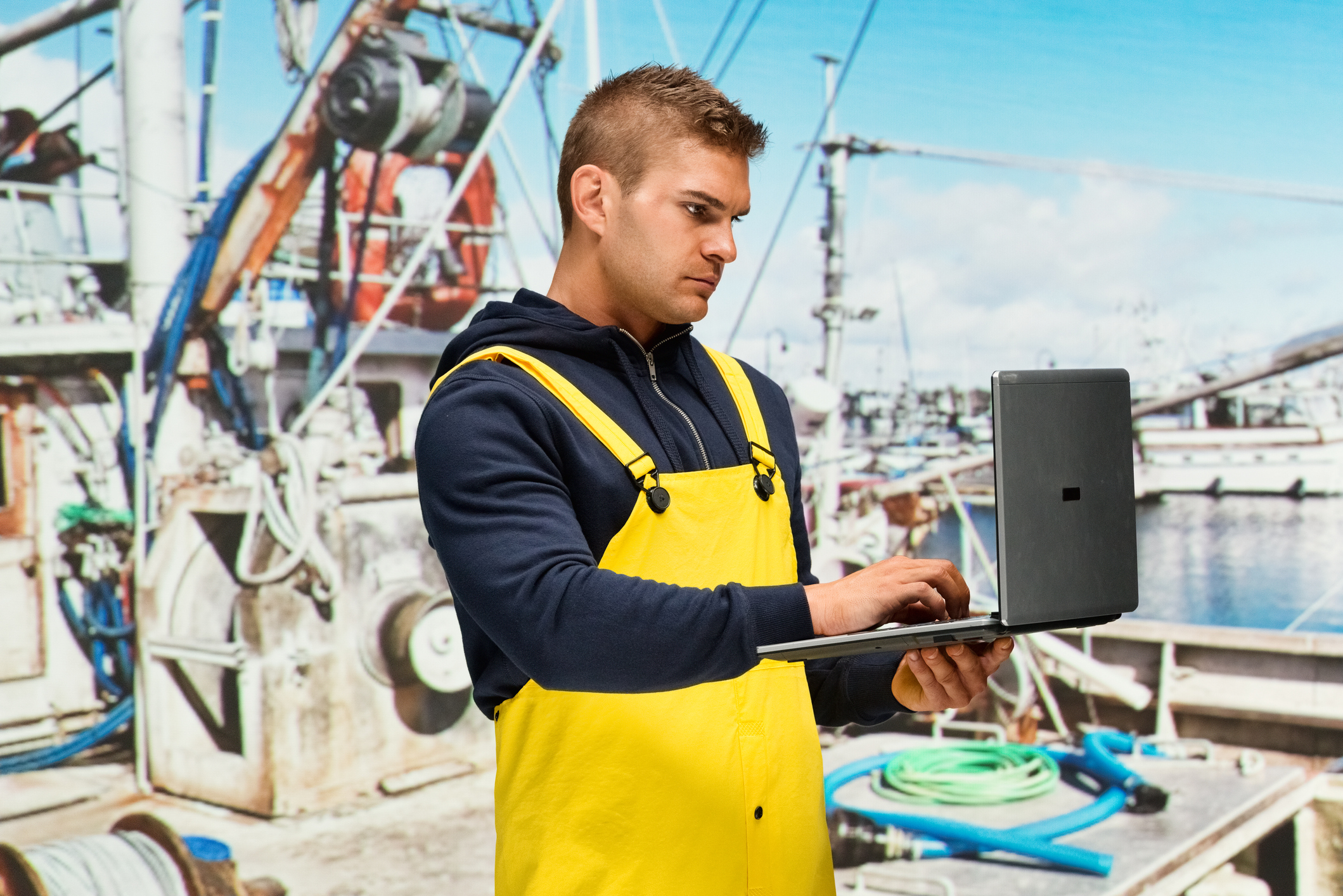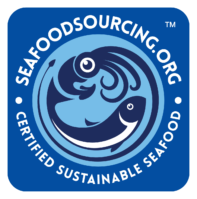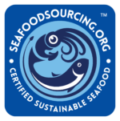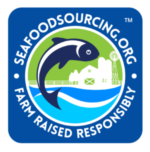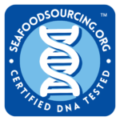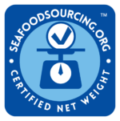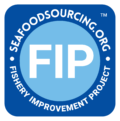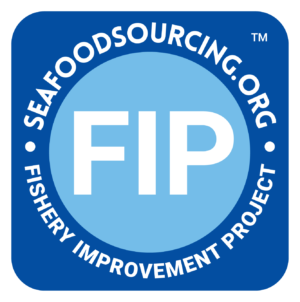
What is a Fishery Improvement Project (FIP)?
A FIP brings together multiple fishery stakeholders in a collaboration to improve fishing practices, management, regulations, data collection, and harvest controls so a fishery can operate in a more sustainable manner. They are created to make measurable change in a fishery and the industry that relies on it. The goal of the FIP is to help the fishery and its specific species meet the required standards to become Seafood Sourcing Organization (SSO) certified sustainable. Along the way, FIPs can be a useful tool for bringing stakeholders together to:
- Improve overall fishing practices
- Enhance the way a fishery is managed
- Strengthen knowledge about a fishery
- Establish critical partnerships
- Generate consumer support
- Create change in other fisheries in the region
FIP’s help fisheries that do not yet meet the SSO sustainable standard move closer to certification. Throughout this process, the FIP offers a multiyear approach to increase levels of sustainable management until the fishery can meet the required standard.
Consumers around the world are requiring that the seafood they purchase and consume be sourced in a sustainable manner. With this growing demand, seafood businesses around the world are more committed than ever to sourcing sustainable seafood and supporting sustainable fisheries.
Our FIP program was specifically created for those that are not currently certified but are striving to meet the SSO sustainability standards. While many fisheries are committed to improving their sustainability, a large percentage do not have the infrastructure or their GO’s (Governmental Organizations) support to accomplish this. The goal of these FIP’s is to help fisheries harvest in a sustainable manner and receive the benefits associated with the use of the SSO Certified Sustainable eco-label. Benefits such as:
- Access to markets that are committed to sourcing certified products
- Improved confidence in your product offering
- Improved brand, species, and origin reputation
- Ability for your products to stand out next to other products not certified
- An enduring and long-lasting resource for the industry that relies on it
The Seafood Sourcing standard for sustainable fishing has several main principles used when creating a FIP:
- Fishery Information: Detailed information for a general understanding of the specific fishery in question
- Specific Species: Information about the species such as growth rate, reproduction, habitat, life expectancy, current challenges, migration patterns
- Harvest Area: FAO harvest area and specifics of this area that may pertain to the species sustainability
- Current Stock Status: Evaluate the current stock status and all information available from prior harvest periods
- Fishing Methods: The fishing methods and their effect on the ecosystem
- Detailed Ecosystem Information: Information on the ecosystem that surrounds the species and the effects they have on each other
- Current Management Methods: Evaluate the current fishery management methods for defects and needed improvements
- Fishery Regulations and Policies: Review the current regulations and policies as they pertain to the species and evaluate for needed changes
- Current Management Strategies: Determine if the fishery has a management strategy and how it can be improved upon
- Current Information and Monitoring System: Review the current system on how the species stock status and catches are monitored and how this information is gathered
- Supply Chain and Method of Sales: Evaluate the supply chain, how the product is sold to the market and its relationship to the species sustainability
- Current Harvest Controls: Determine if there is a harvest control system in place, how it operates, how it protects the species and how it can be improved
- Relationships and Influence: Look at all aspects of the supply chain (vessel captains/owners, unloading companies, processors, distribution partners, local consumers, and markets) and how they work and influence each other
Our FIP programs are designed to help all fisheries no matter how big or small make a real difference. We are committed to making real change and working with fisheries that are willing to make the sacrifice. In many undeveloped nations, there are significant financial hardships when fishermen are asked to no longer harvest juvenile fish or operate in a way that is less profitable. We believe these fishermen are one of the most important keys to truly getting a fishery to operate in a more sustainable manner. Our first step is to always educate them about sustainability and how it benefits them in the long run. We create a fishery plan of action that includes all levels of participation and a well-diversified board of directors. These board members are a crucial part of the FIP and are the true measure of the fisheries ability to achieve its goals. During the FIP process, the fishery must operate with the final goal of achieving SSO certification. At the end of the FIP the fishery will be scored on its ability to improve on many key requirements, some of which are:
- How well did the fishery improve?
- Were critical issues corrected?
- Did stock health improve?
- Is the ecosystem protected?
- Overfishing avoided?
- Harvesting of juvenile fish prevented?
- Complete data collection obtained?
- Regulations and fishing seasons refined?
- Was an infrastructure created to monitor and regulate the fishery?
- Did the fishery achieve its goal of becoming SSO certified Sustainable?
In the end, if the fishery is SSO certified it will be required to continue to operate in a sustainable manner. The sustainability standard of the species, ecosystem, infrastructure, data collection process, regulation, and harvest reporting will be monitored on a continual basis. Unlike other NGOs that certify a fishery for an extended length of time (up to five years), our certification has no specific length of time associated with it. The fishery is continuously evaluated that the requirements for compliance are being met. If at any time we find a fishery not meeting these key requirements the fishery is notified that compliance must be met immediately or SSO certification will be forfeited. In addition, we will notify our Licensees and will request their support in requiring the fishery to operate as required.
